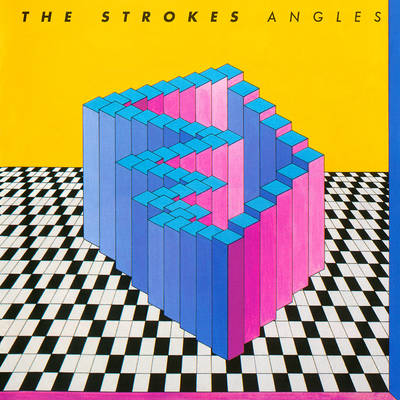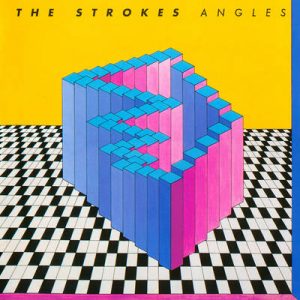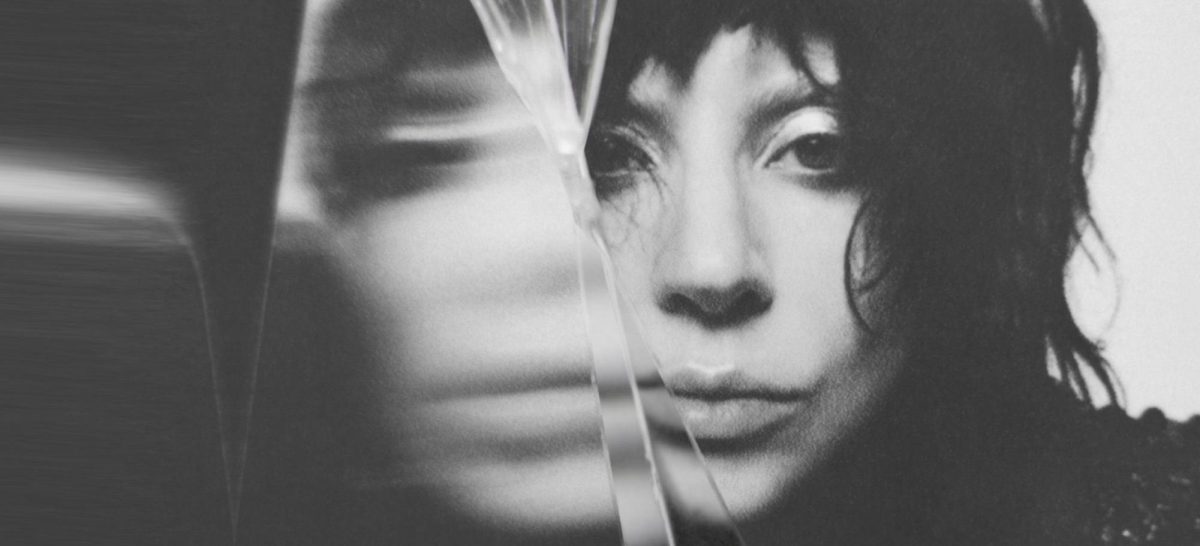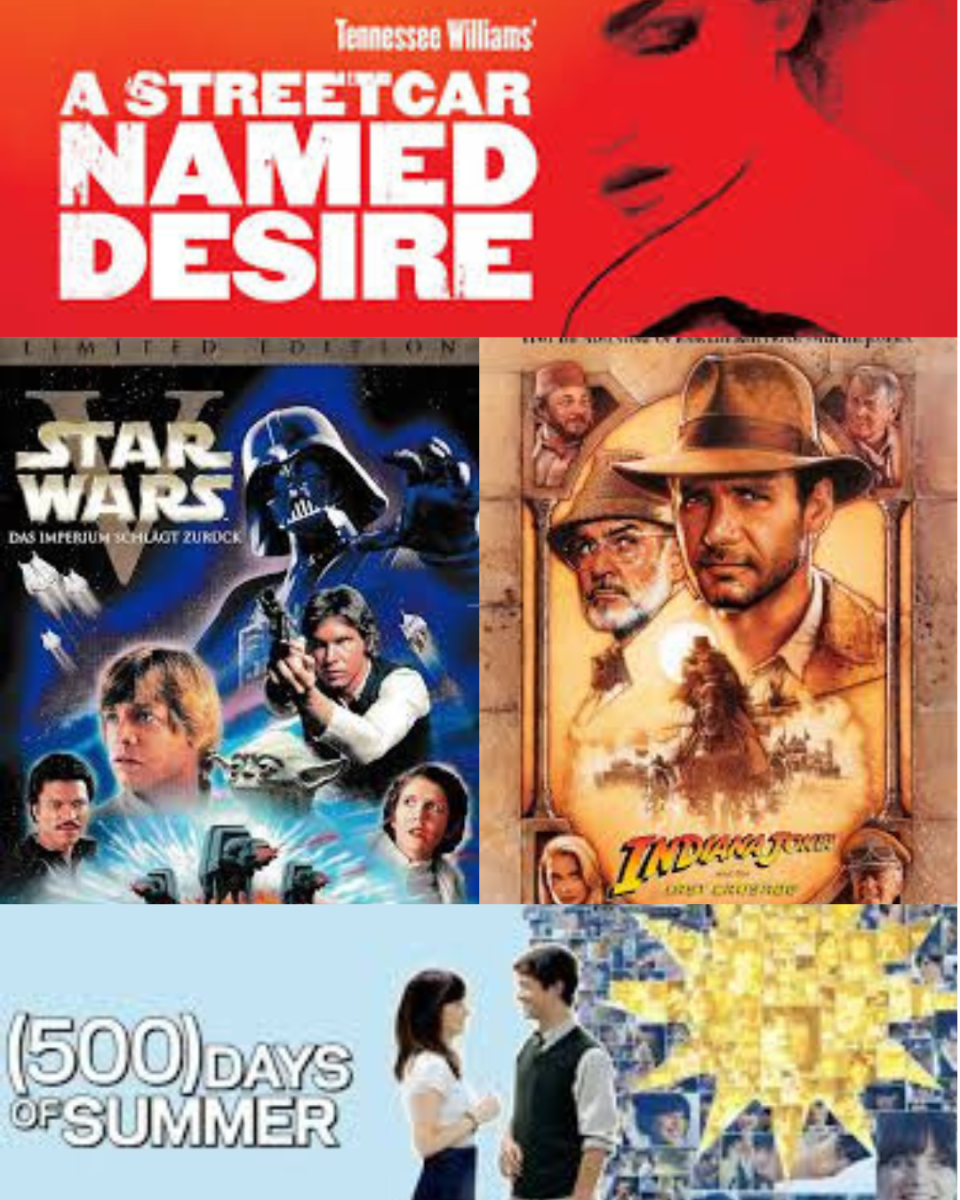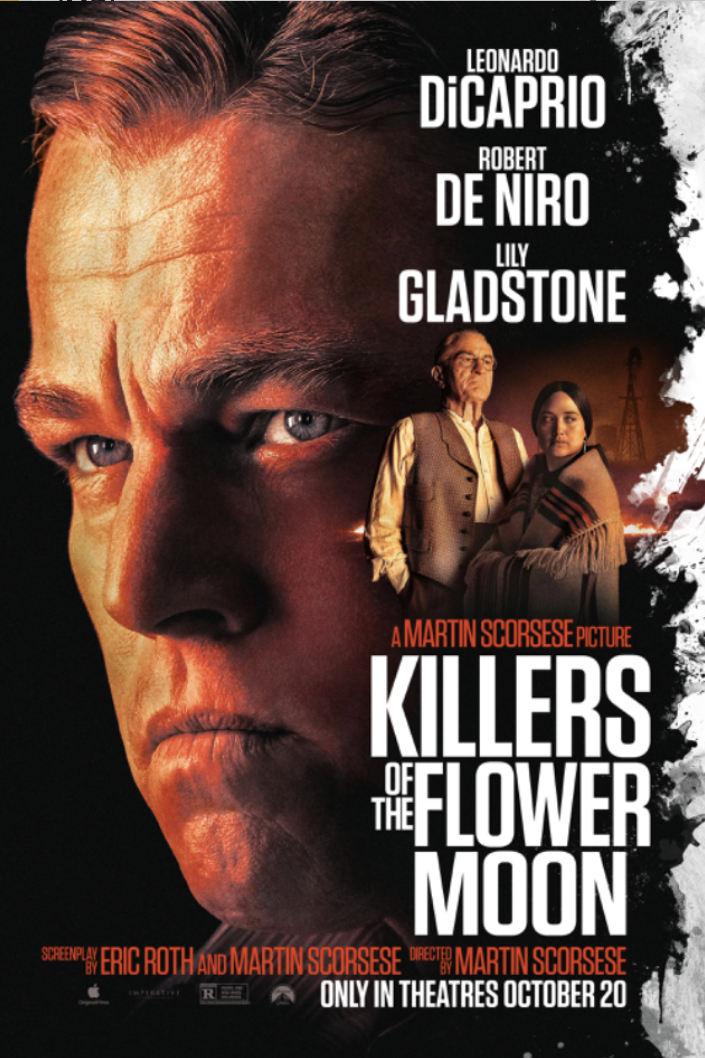New York garage-rockers The Strokes will always hold a special place in the hearts of jaded hipsters. The band’s 2001 debut album, Is This It, created some of the first mainstream buzz for an American rock band — one that wasn’t Limp Bizkit — since the downfall of Seattle grunge. In short, it restored the collective faith of music fans for a brief, shining moment.
Since then, however, The Strokes have suffered from inconsistency. The group’s two follow up albums, Room on Fire and First Impressions of Earth, failed to generate the same impact as Is This It. Instead of creating impressive LPs, the band created a few key tracks (including the massive hit “Reptilia”) surrounded by generic, album-filling fluff music. So, on the group’s new album, Angles, the band members set out to create a real album– a meaningful and monumental piece of work. In the words of guitarist Albert Hammond, Jr., “the best album since Is This It.”
In regards to Hammond’s statement, there is both good and bad news. The good news is that Angles is, in fact, The Strokes’ best album since Is This It. The bad news is that the album is much more reflexive of First Impressions of Earth than it is of the band’s seminal debut, in that the album is inconsistent, with excellence bogged down by mediocrity. When the album hits, it hits harder than Is This It ever did; but, when it misses, Angles is a mile from it
As Angles begins, one might think that The Strokes succeeded in their goal. The album’s opener is “Macchu Picchu”, a song that starts out groovy and quickly evolves into something epic: a sparse, popping rhythm section quickly morphs into a fascinatingly intricate instrumental, and a cool Julian Casablancas vocal hook changes seamlessly into a series of brilliant 4-part harmonies. The next three songs on the album are equally impressive, if not more so. The album’s third track, “Two Kinds of Happiness”, starts coolly New-Agey, with an echoey Casablancas vocal and minimal instrumentals. This sound, however, quickly implodes, and it is replaced by some of the most energetic Strokes music ever. The fourth song on the album, “You’re So Right”, brings with it no explosion, no contrasting emotions; instead, it brilliantly walks the line between Radiohead and The Stooges, with a sound that is simultaneously spacey and succinct.
The best song, on the album, however, is the second track — and the album’s lead single — “Under Cover of Darkness”. It immediately hits hard with punchy drums and guitar and then proceeds to slink through 4 minutes of impossibly catchy vocal hooks and swing-style guitar. Between the incredibly passionate Casablancas vocals and the widely varied guitar, every second of the song offers something new to impress. It epitomizes what the album could have been: danceable and singable but also introspective, clever, and completely original. It’s an epic, but it’s never too drawn out. It showcases the paradoxical equilibrium of The Strokes, a band that, at its best, walks the line between indie rock and straight pop.
For the rest of the album, the band tries, and fails, to reach the great heights achieved by the first few tracks. The next six tracks on the album (with the exception of the gloriously slinky, Rolling-Stones-esque “Gratisfaction”), are generic and uninspiring, and rife with squandered potential. Some songs, like “Call Me Back”, start out great but remain static throughout and, as a result, end up boring. Others, like the disgustingly 80s “Games” are so far out of The Strokes’ comfort zone that they are actually uncomfortable to listen to. In essence, The Strokes seemed to try too hard in some songs but not hard enough in others.
One can’t help but think back on “Under Cover of Darkness” when listening to these last few tracks. Had the band focused on its trademark balancing act for the entire album, instead of just a few songs, the album could have easily been another near-perfect Strokes album, in the same vein as Is This It. It could have gone down in history, and it could have restored our faith in a once great rock band. Angles, however, just validates the theory that The Strokes are simply good and not great. In short, they are an average band who occasionally gets lucky.


